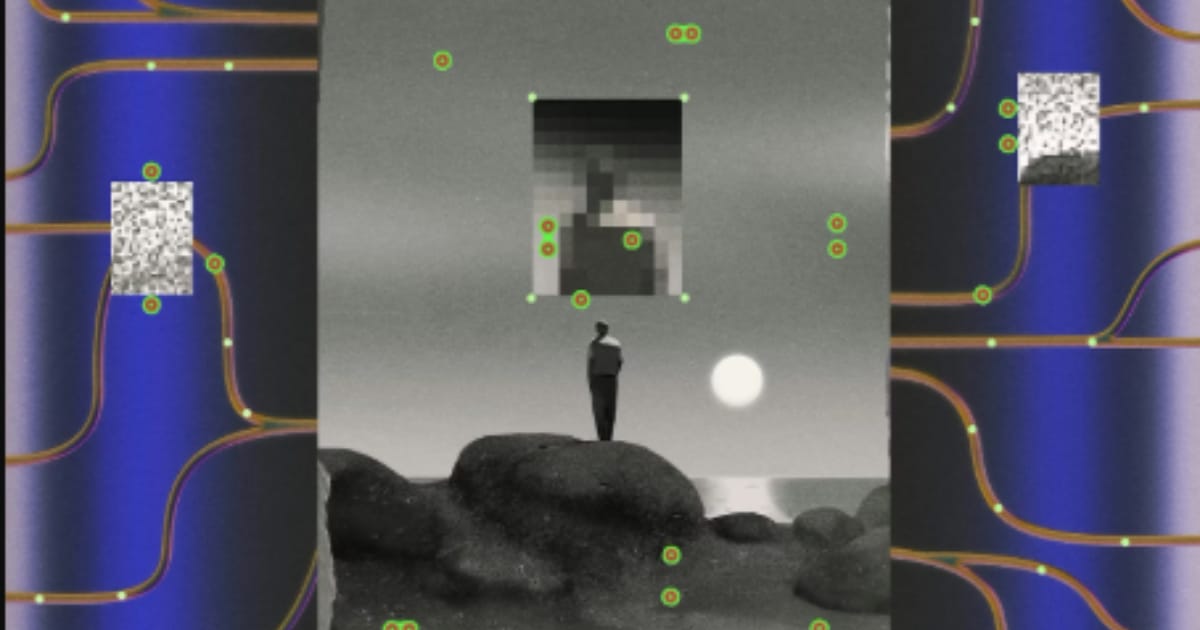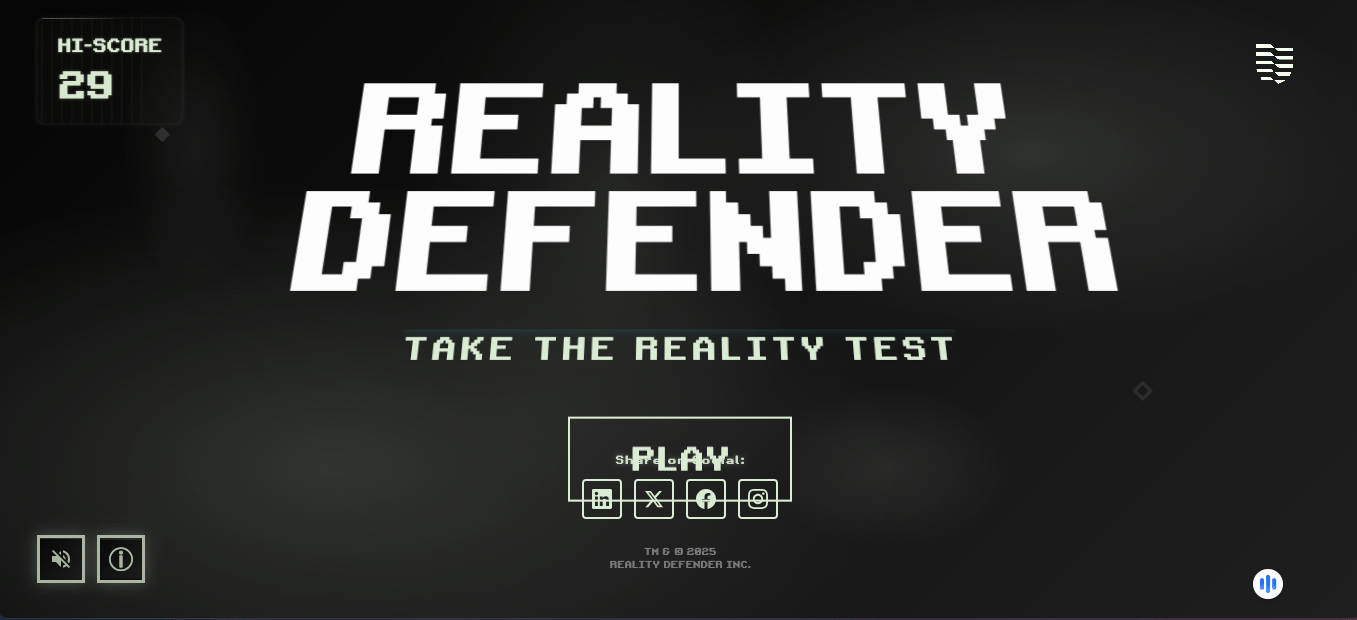The big story
Truth Decay

Illustration by Ibrahim Rayintakath
The feature I’ve been excited about for months is finally out. And I think it may be the most important story I’ve written all year.
“Truth Decay,” published in print in Meridian and now available online, explores how AI-generated content is becoming indiscernible to the human eye. With companies rapidly creating more advanced AI models, and their output becoming more mainstream and widespread, we can no longer trust what we see and hear. Crucially, the flood of AI-generated media — and subsequent impact of not knowing what’s “real” — is leading people to doubt factual content and information, too.
This is one of the implications of generative AI that’s weighed heaviest on my mind as tech companies build ever more powerful models. But my pursuit into this specific story started with a Reddit post. While scrolling one day, I stumbled upon an image of a moody kitchen (the kind with deep blue cabinets and gold hardware). The user who posted it in r/DesignMyRoom had found the image online and was using it as “inspo” for their kitchen remodel, and they wanted tips for how to replicate the look. But the commenters didn’t offer advice. Instead, they asserted the image was clearly AI, pointing out wonky subtleties throughout. The whole scenario laid bare the new way we’re all navigating the world — inspecting the details because we know that suddenly, everything is suspect.
At the same time, I’ve been watching generative AI models produce increasingly realistic media and thinking this strategy of treating the internet like a spot-the-differences puzzle is likely on its last leg. So I took a deep dive into the growing industry of AI and deepfake detection tools, speaking with founders for whom the pursuit is more of a higher calling than a tech startup. In a way, they’re trying to save our relationship with reality.
My most insightful conversation was with Hany Farid, a longtime expert on manipulated media who created GetReal because his personal work responding to queries about suspect images had spun out of control with the introduction of LLMs. He gave me a bone-chilling demo of how realistic and truly undetectable the latest deepfake technologies are and spoke passionately about the dire consequences. There’s so much more from our interview I would’ve loved to include, like this quote where he sums it up so well:
“There are two sides to the threat. People are creating fake content and trying to pass it off as real. The Hollywood sign is on fire. President Trump said this. Elon did this. But then when real stuff comes out, people are like, ‘wait a minute. That doesn't look right.’ And then they're dismissing reality. So fake is becoming real, and real is becoming fake.”
The print edition of the magazine arrived on my doorstep in late September, and it was just a few days later that OpenAI released the Sora social app for creating AI-generated videos of real people, making clear this issue is boiling now and not some far-off reality. The content OpenAI is making widely available and possible to create at the touch of our fingers is often referred to as “slop,” a term I tend to agree with. But as I explore in Truth Decay, slop doesn’t mean frivolous. Deepfakes, AI-generated, and AI-manipulated content is already being used to deceive, and it threatens to upend any remaining semblance of a shared reality.
Deepfake detection
Test your deepfake detection skills

Created by Reality Defender, another company I write about in the story, the “Reality Test” lets you see how well you can decipher authentic photos and videos from AI-manipulated ones. I got 17/30 correct, but I honestly I felt like I was totally guessing on each one. Yikes.
Continued reading
The blurred truths of Sora - Jason Parham / Wired
The threat posed by deepfake satellite images - Brady Africk / Time
Deepfake videos impersonating real doctors push false medical advice and treatments - Alex Clark / CBS News
WIP
Developer teams are going through a lot of changes, and I’m looking into the role offshoring is playing right now. How is offshoring affecting your company or role? How is AI impacting offshoring?
Get in touch at [email protected]
